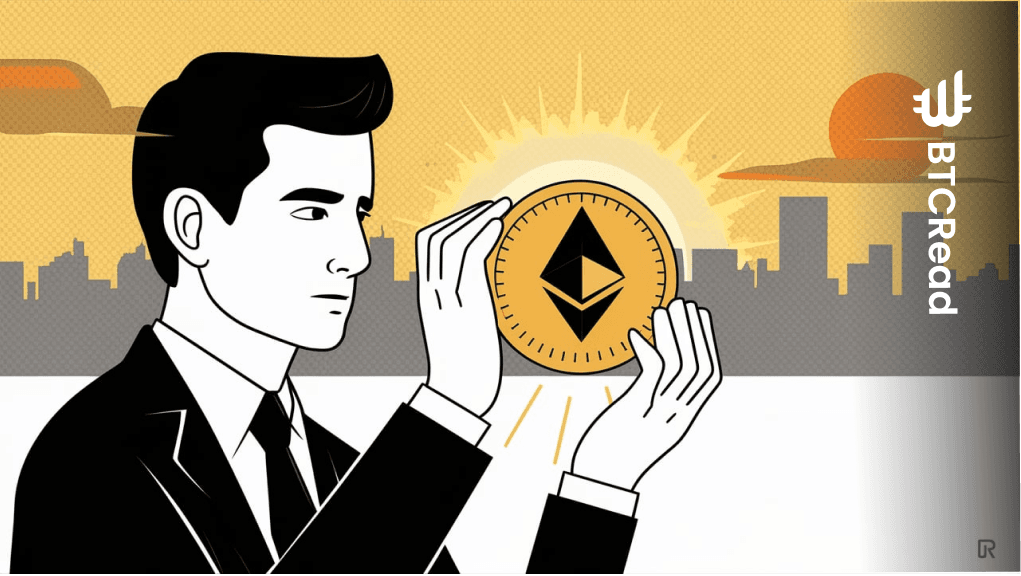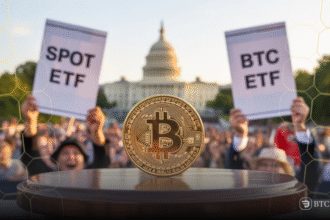Eight issuers recently filed S-1 forms for Ethereum ETFs, signaling an imminent launch in the United States. This follows the U.S. approval of Ethereum ETFs in May, which required a second approval before trading could begin.
BlackRock, Fidelity, Bitwise, ARK Invest, VanEck, Invesco, Franklin Templeton, and Grayscale are among the issuers. Most are expected to offer competitive fees of around 0.25%, with ETFs available on major U.S. brokerages like Fidelity and Robinhood.
According to crypto analyst Virtual Bacon, Ethereum (ETH) ETFs offer simplified custody, insurance, and tax advantages. However, they lack staking rewards and DeFi opportunities, potentially costing investors up to 10% annually in missed income.
Galaxy Research estimates an annualized inflow of $11.8 billion into ETH ETFs based on Bitcoin (BTC) ETF demand. Initial price volatility is likely, as seen with Bitcoin’s ETF launch. Moreover, Ethereum’s supply dynamics could amplify ETF impacts. About 27% of ETH is staked, and 11.4% is locked in smart contracts, compared to a minimal locked supply for Bitcoin.
Price predictions vary widely. Some analysts suggest ETH could reach $5,300 by late September, mirroring Bitcoin’s post-ETF trajectory. More ambitious forecasts see ETH hitting $5,000 to $16,000 by the end of 2025.
The Ethereum ecosystem may see renewed interest. Investors might consider related projects in liquid staking, infrastructure, Layer-2 solutions, DeFi, and memecoins for potential growth opportunities.
Key factors influencing the Ethereum market
Key elements to monitor are how much institutions invest in Bitcoin vs Ethereum, the potential inclusion of staking in ETFs, and the wider effects on the ecosystem. The launch of this ETF is a significant development for Ethereum and the broader cryptocurrency market, with the potential to stimulate greater acceptance and trading activity in the industry.
Analysts caution that ETFs offer regulated exposure, yet they lack the 4.4% annualized staking rewards found in direct Ethereum (ETH) investments. This absence could dissuade certain institutions that prioritize staking income.
Nevertheless, the overall cost of opportunity, encompassing staking and DeFi, could average about 10% annually for ETF investors in comparison to those who hold ETH directly. Analysts suggest that initial market responses may include declines due to fund outflows from current offerings like Grayscale’s Ethereum Trust, which boasts $9 billion in assets.
Related | XRP surges 11% as Ripple-SEC legal battle nears potential end







